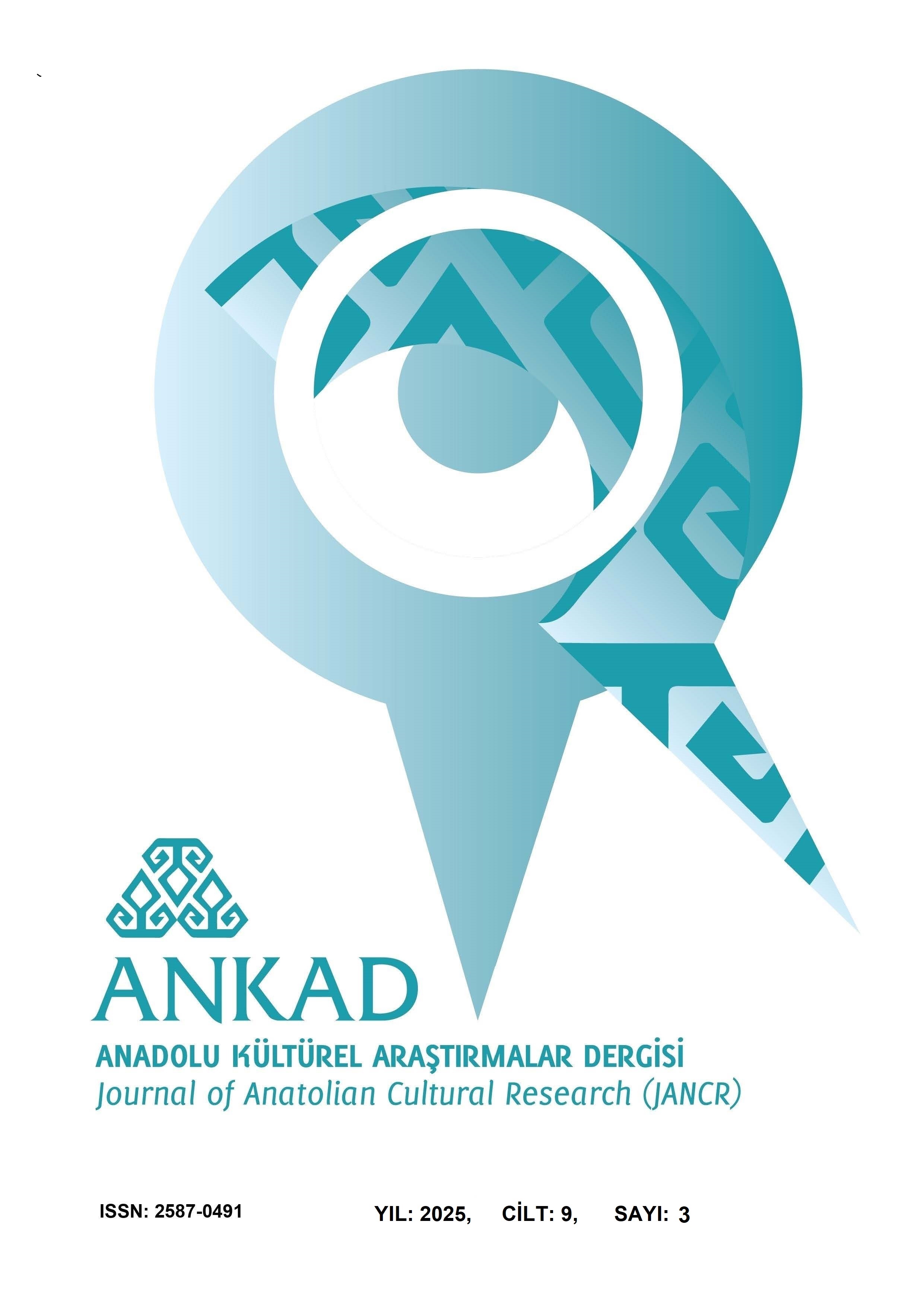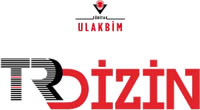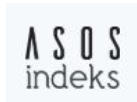Examining the Impact of Integrating Mathematics Interpretation Artworks through Creative Drama on the Mathematical Literacy Self-Efficacy and Mathematical Attitudes of Prospective Teachers across Various Disciplines
DOI:
https://doi.org/10.63556/ankad.v9i3.274Keywords:
Mathematical self-efficacy, attitude towards mathematics, art, creative drama, teacher candidatesAbstract
In this study, the objective is to examine the mathematical literacy self-efficacy and attitudes towards mathematics among pre-service teachers from various disciplines, considering the influence of art as a pedagogical tool in mathematics instruction and the role of creative drama in mathematics education. The study acknowledges the significance of artworks as educational tools and as a discipline in fostering cognitive, emotional, and psychomotor development. A mixed-methods research design was employed, specifically an exploratory sequential design, wherein quantitative data were initially collected, followed by qualitative data, with the quantitative findings being elaborated upon in detail. The participants comprised 30 pre-service teachers enrolled in different disciplines within the faculty of education at a university in the Mediterranean Region of Türkiye. Quantitative data were gathered using the "Mathematical Literacy Self-Efficacy Scale" and the "Attitude Towards Mathematics Scale," while qualitative data were obtained through semi-structured forms, workshop evaluation forms, and interview forms developed by the researcher. Over a 14-week period, creative drama was utilized as a method, and artworks were employed as tools in the implementation with the participants. The analysis of the quantitative data, which followed a normal distribution, was conducted using the dependent groups t-test, while content analysis and descriptive analysis were applied to the qualitative data. The findings indicated that the interpretation of mathematics in artworks through creative drama positively influenced the mathematical literacy self-efficacy and attitudes towards mathematics of pre-service teachers from different disciplines. It was concluded that the qualitative data elucidating the quantitative data encompassed common themes and sub-themes for each discipline, although they varied across disciplines, and included distinct indicators for each discipline. Based on the study's results, it is recommended that the educational processes for pre-service teachers be structured using diverse methods and artworks.
References
Adıgüzel, Ö. (2018). Eğitimde yaratıcı drama. YKY, Yapı Kredi Yayınları. Ankara.
Almarashdi, H. S., & Jarrah, A. M. (2023). Assessing tenth-grade students’ mathematical literacy skills in solving PISA problems. Social Sciences, 12(1), 33. https://doi.org/10.3390/socsci12010033
Asmara, A. S., Waluya, S. B., Suyitno, H., Junaedi, I., Suparman, T., & Prawiyogi, A. G. (2019, 8-9 October). Development of mathematical literacy ability through the learning tools based CLT (cognitive load theory). 5th International Conference on Mathematics, Science and Education IOP Publishing. Kuta, Bali, Indonesia
Astuti, P. (2018). Mathematical literacy ability and higher-order thinking ability. Proceedings of the National Mathematics Seminar, 1(1), 263-268.
Aykac, M., & Adıgüzel, Ö. (2011). The effect of using creative drama as a method in social studies class on students’ achievement. Kastamonu Education Journal, 19(1), 297-314.
Bool, F., & Escher, M. C. (1993). Escher: the complete graphic work. (No Title).
Botha, H., Maree, J., & Stols, G. (2013). Mathematical Literacy teachers: Can anyone be one?. Perspectives in Education, 31(4), 180-194.
Bulut, A., & Aktepe, V. (2015). Yaratıcı drama destekli matematik öğretimin öğrencilerin akademik başarısına etkisi. Kastamonu Eğitim Dergisi, 23 (3), 1081-1090.
Butsi Prihastari, E., Waluya, B., & Rachmani Dewi, N. (2022). Analysis of Mathematical Literacy of Elementary School Teacher Candidates Using Ethnomathematics-Based Story Questions. Proceedings of International Conference on Science, Education, and Technology, 8(1), 969–674.
Canbazoglu, H. B., & Tarim, K. (2020). An activity-based practice for improving mathematical literacy and awareness of elementary school teacher candidates. Pegem Eğitim ve Öğretim Dergisi 10 (4), 1183-1218. https://doi.org/10.14527/pegegog.2020.036
Ceylan, H. (2014). 6. sınıf matematik dersi eşitlik ve denklem konusunun drama yöntemi kullanılarak anlatılmasının öğrenci tutumlarına etkisi, [Yayınlanmamış Yüksek Lisans Tezi] Gazi Üniversitesi.
Chen, Y. (2022). Measurement, evaluation, and model construction of mathematical literacy based on iot and pisa. Mathematical Problems in Engineering, 2022(1), 3278401.
Cornelis M, Escher, F. B. & Ernst B. (1993) M.C. Escher: Life and Work. Harry N. Abrams. California
Creswell, J. W., & Creswell, J. D. (2017). Research design: Qualitative, quantitative, and mixed methods approaches. Sage publications
Creswell, J. W., Plano Clark, V. L., Gutmann, M. L., & Hanson, W. E. (2003). Advanced mixed methods research designs. Handbook of mixed methods in social and behavioral research, 209(240), 209-240.
Çalışkan, İ. Ö., & Üstündağ, T. (2010). Ölçme ve değerlendirme dersinde yaratıcı dramanın kullanılmasına ilişkin katılımcı görüşleri. Eğitim ve Bilim, 35(155).
Debreli, E. (2011). The effect of creative drama based instruction on seventh grade students' achievement in ratio and proportion concepts and attitudes toward mathematics, [Unpublished Master's thesis] Middle East Technical University.
Duatepe, A., & Çilesiz, Ş. (1999). Matematik tutum ölçeği geliştirilmesi. Hacettepe Üniversitesi Eğitim Fakültesi Dergisi, 16 (16).
Duru, A., & İşleyen, T. (2005). Matematik ve sanat. Kazım Karabekir Eğitim Fakültesi Dergisi, 1(1), 479-491.
Erdoğan, S. (2006). Altı Yaş Çocuklarına Drama Yöntemi ile Verilen Matematik Eğitiminin Matematik Yeteneğine Etkisinin İncelenmesi. [Yayınlanmamış Doktora Tezi]. Ankara Üniversitesi.
Ereke, J. S., & Obeka, N. O. (2021). Students Attitudes towards Learning Drama in Literature in Nigeria Secondary Schools. Indiana Journal of Arts & Literature, 2(12), 1-10.
Fleming, M., Merrell, C., & Tymms, P. (2004). The impact of drama on pupils' language, mathematics, and attitude in two primary schools. Research in Drama Education, 9(2), 177-197.
Frejd, P., Ärlebäck, J. B., & Vos, P. (2024). Fostering student’s mathematical literacy through mathematical modelling tasks. Bolstad O.,H., Goodchild S. and Goos M. (Eds) International Perspectives on Teaching and Learning for Mathematical Literacy. Brill.
Hardy, H. G. (2019). Bir Matematikçinin Savunması (Çev. Nermin Arık) TÜBİTAK Yayınları. Ankara.
Hatipoğlu, Y. Y. (2006). İlköğretim Beşinci Sınıf Ders Konularının Öğretiminde Drama Yönteminin Öğrenci Başarısına Etkisi. [Yayınlanmamış Yüksek Lisans Tezi] Gazi Üniversitesi.
Hayati, T. R., & Kamid, K. (2019). Analysis of mathematical literacy processes in high school students. International Journal of Trends in Mathematics Education Research, 2(3), 116-119.
Hegel, G. W. F. (1828/1829) 2020. Lectures on the Philosophy of Art. Collected Works (Ed.W. Jaeschke und N. Hebing) Hamburg: Meiner.
Hendrix, R., Eick, C., & Shannon, D. (2012). The integration of creative drama in an inquiry-based elementary program: The effect on student attitude and conceptual learning. Journal of Science Teacher Education, 23(7), 823-846. https://doi.org/10.1007/s10972-012-9292-1
International Life Skills Survey (ILSS) (2000). Policy research initiative. Statistics Canada.
Jennison, M. & Beswick, K. (3-7 July 2010). Student Attitude, Student Understanding and Mathematics Anxiety. 33th Annual Conference of the Mathematics Education Research Group of Australasia, Fremantle.
Kale, N. (2007). Drama Temelli Öğrenme ile İşbirlikli Öğrenmenin Yedinci Sınıf Öğrencilerinin Geometri Başarıları, Geometriye Yönelik Tutumları ve Van Hiele Geometrik Düşünme Düzeylerine Göre Karşılaştırılması. [Yayınlanmaış Yüksek Lisans Tezi] Orta Doğu Teknik Üniversitesi.
Karaçay T. (2020, 6-9 Eylül) Matematik Sanatı, İstanbul. Matematik Sempozyumu.İstanbul,Türkiye.
Kaşıkçı, M. (2015). Matematik tarihi dersinde drama yönteminin ilköğretim matematik öğretmen adaylarının bilgi, inanç ve tutumlarına etkisi, [Yayınlanmaış Yüksek Lisans Tezi], Dokuz Eylül Üniversitesi.
Kharis, S. A. A., Salsabila, E., & Haeruman, L. D. (2021, February). Effect of mathematical concept understanding and mathematical reasoning on mathematical literacy abilities. In Journal of Physics: Conference Series (Vol. 1747, No. 1, p. 012042). IOP Publishing.
Kilpatrick, J. (2001). Understanding mathematical literacy: the contribution of research. Educational Studies in Mathematics, 47, 101-116.
Makas, F. S. (2017). Yaratıcı drama yönteminin dördüncü sınıf matematik dersinde başarı, tutum ve öğrenmenin kalıcılığına etkisi [Yayınlanmaış Doktora Tezi] Bursa Uludag Universitesi
Maryani, N., & Widjajanti, D. B. (2020, July). Mathematical literacy: How to improve it using contextual teaching and learning method?. In Journal of Physics: Conference Series (Vol. 1581, No. 1, p. 012044). IOP Publishing.
MEB (Milli Eğitim Bakanlığı). (2017a). Fen Bilgisi Dersi Öğretim Programı, Ankara
MEB (Milli Eğitim Bakanlığı). (2017a). İlköğretim Matematik Dersi Öğretim Programı, Ankara
MEB (Milli Eğitim Bakanlığı). (2017b). Özel Eğitim Dersi Öğretim Programı, Ankara
Miles, M, B., & Huberman, A. M. (1994). Qualitative data analysis: An expanded Sourcebook. (2nd ed). Thousand Oaks, CA: Sage.
Nguyen, A., Nguyen, D., Ta, P., & Tran, T. (2019). Preservice Teachers Engage in a Project-based Task: Elucidate Mathematical Literacy in a Reformed Teacher Education rogram. International Electronic Journal of Mathematics Education, 14(3), 657-666. https://doi.org/10.29333/iejme/5778
Ölekli, N. (2009). 5-6 Yaş çocuklarında matematiksel şekil algısı ve sayı kavramının gelişiminde drama yönteminin etkisi. [Yayınlanmaış Yüksek Lisans Tezi] Selçuk Üniversitesi Sosyal Bilimler Enstitüsü.
Özgen, K., & Bindak, R. (2008). Matematik Okuryazarlığı Öz-Yeterlik Ölçeğinin Geliştirilmesi. Kastamonu Eğitim Dergisi, 16 (2), 517-528.
Saab, J. F. (1987). The effects of creative drama methods on mathematics achievement, attitudes and creativity. West Virginia University.
Soner, S. (2005). İlköğretim Matematik Dersi Kesirli Sayılarda Toplama Çıkarma İşleminde Drama Yöntemi İle Yapılan Öğretimin Etkililiği. [Yayınlanmaış Yüksek Lisans Tezi], Abant İzzet Baysal Üniversitesi.
Soylu Makas, F. (2017). Yaratıcı drama yönteminin dördüncü sınıf matematik dersinde başarı, tutum ve öğrenmenin kalıcılığına etkisi [Yayınlanmaış Yüksek Lisans Tezi], Uludağ Üniversitesi.
Sözer, N. (2006). İlköğretim 4. Sınıf Matematik Dersinde Drama Yönteminin Öğrencilerin Başarısına, Tutumlarına ve Öğrenmenin Kalıcılığına Etkisi. [Yayınlanmaış Yüksek Lisans Tezi], Gazi Üniversitesi.
Stanton, K., Cawthon, S., & Dawson, K. (2018). Self-efficacy, teacher concerns, and levels of implementation among teachers participating in drama-based instruction professional development. Teacher Development, 22(1), 51-77. https://doi.org/10.1080/13664530.2017.1308430
Steen, L. A., Turner, R., & Burkhardt, H. (2007). Developing mathematical literacy. In Modelling and applications in mathematics education: The 14th ICMI study. Boston, MA: Springer US.
Şenol Özyiğit, E. N. (2011). İlköğretim matematik dersinde yaratıcı drama uygulamalarının öğrencilerin problem çözme stratejileri, başarı, benlik kavramı ve etkileşim örüntüleri üzerindeki etkisi[Yayınlanmaış Doktora Tezi], Dokuz Eylül Üniversitesi
Taskin, N., & Tugrul, B. (2014). Investigating preschool teacher candidates’ mathematics literacy self-sufficiency beliefs on various variables. Procedia-Social and Behavioral Sciences, 116, 3067-3071.
Torre, M. (2019, 16-20 July). Impossible Pictures: When Art Helps Math Education. Bridges 2019 Conference. Linz, Austria
Walker, E., Tabone, C., & Weltsek, G. (2011). When achievement data meet drama and arts integration. Language Arts, 88(5), 365.
Yıldız, B. (2016). Okul öncesi matematik öğretiminde drama yönteminin etkililiğinin öğretmen görüşlerine göre değerlendirilmesi. [Yayınlanmaış Yüksek Lisans Tezi], Erciyes Üniversitesi.
Yıldız, E. (2011). Yaratıcı dramayı matematik öğretiminde yöntem olarak kullanan öğretmenlerin ve öğretim elemanlarının yönteme ilişkin görüşlerinin değerlendirilmesi [Yayınlanmaış Yüksek Lisans Tezi] Ankara Üniversitesi.
Downloads
Published
How to Cite
Issue
Section
License
Copyright (c) 2025 Journal of Anatolian Cultural Research

This work is licensed under a Creative Commons Attribution-NonCommercial 4.0 International License.










